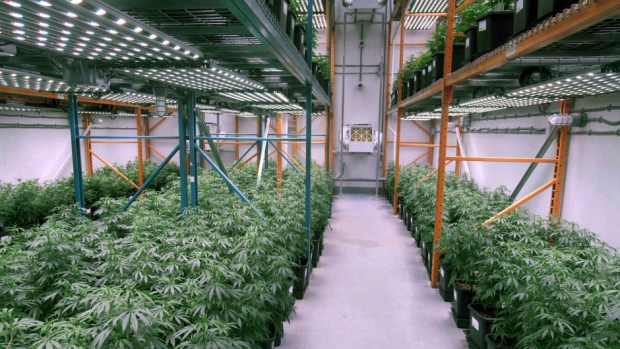Delaware Receives Over 1,200 Cannabis Business License Applications Ahead of Market Launch
LOS ANGELES- Delaware officials have received 1,269 applications for cannabis business licenses, significantly surpassing expectations, as the state prepares to launch its adult-use cannabis market. The Office of the Marijuana Commissioner (OMC) opened the application window from August 19 to September 30, collecting approximately $4.1 million in fees.
The high demand has prompted the state to schedule a lottery for retail licenses on October 24, with further lotteries for other licenses set to take place later in the year. Of the 125 total licenses available, 30 will be for retail, 60 for cultivation, 30 for manufacturing, and five for testing labs. The retail category alone received over 800 applications, including 519 for open retailer permits and 325 for social equity permits.
Due to the influx of applications, the OMC will conduct additional lotteries for remaining categories in late November or early December. Applications for licenses under Delaware’s social equity program and for micro-manufacturing in Sussex County did not exceed the available slots, so no lottery will be necessary for those.
The first retail licenses are expected to be awarded after the lottery, though final approval will require a secondary application phase. The cannabis market is projected to officially launch in March 2025. Meanwhile, the state has been rolling out regulatory frameworks to support the new industry, including measures that expedite recreational sales for existing medical cannabis businesses.
Delaware’s move toward adult-use cannabis follows recent legislation signed by Governor John Carney, including provisions that allow current medical operators to apply for recreational licenses ahead of the general market launch. Critics argue that this could give larger multi-state operators a competitive advantage.
Delaware is one of the last states in the Northeast to legalize recreational cannabis, with only New Hampshire and Pennsylvania still maintaining medical-use-only markets.


































